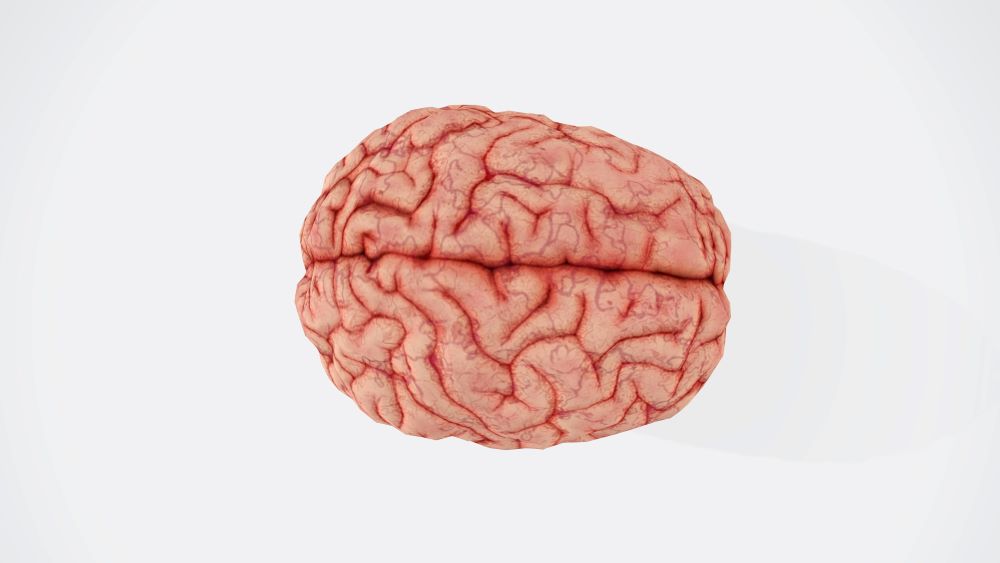Biological aging affects brain structure, influenced by lifestyle, environment, and disparities.
New research has given us a better understanding of how the aging process at a cellular level is connected to brain health. Scientists have long known that the brain changes, tending to shrink as with age, but recent findings dig deeper, exploring how biological markers of aging may directly influence brain structure.
The study, published in the Journal of Affective Disorders, used advanced methods to measure biological aging. Unlike standard, chronological age, which counts the years since birth, biological age reflects the physical and functional state of the body. People age at different rates, and factors like inflammation and blood protein levels can offer a more accurate snapshot of their biological clock. Researchers applied two techniques, the Klemera-Doubal Method (KDM) and PhenoAge, to analyze these biomarkers.
To uncover how biological aging impactsthe brain changes, the research team used data from the UK Biobank, which contains health records for over half a million people. For this study, they focused on a subset of nearly 15,000 participants who had both detailed biomarker readings and MRI scans of the brain. These scans allowed the team to measure specific areas, including gray matter, white matter, and critical regions like the hippocampus and thalamus. The participants had an average age of 55 and represented both men and women equally.
The results painted a clear picture. Participants whose biological age was higher than their chronological age showed smaller volumes in key brain areas. These included reduced gray matter and white matter, as well as smaller hippocampi and thalami. What’s significant is that these findings remained consistent even after adjusting for other influences, such as body weight, gender, and socioeconomic background. This suggests that biological aging independently contributes to brain changes, separate from simply getting older.

The researchers also noticed some intriguing patterns when they considered lifestyle and demographic factors. For instance, the connection between biological aging and brain shrinkage was stronger in women compared to men. Younger participants—those under 55—also seemed more affected, suggesting that these changes might begin earlier in life than we once thought. Another striking finding was that participants from lower socioeconomic backgrounds experienced more pronounced brain volume loss related to biological aging. This highlights the potential role of environment and lifestyle in shaping how aging affects the brain.
Because the data were collected at a single point in time, one of the limitations of the study was that the team couldn’t determine whether biological aging causes brain shrinkage or if the two simply occur together. Additionally, since most of the participants in the UK Biobank are White, it’s unclear whether the results apply broadly to people from other racial or ethnic backgrounds.
Even so, the research draws attention to how biological aging might influence brain health and what we can do to address it. Slowing biological aging—through healthier habits, improved healthcare access, or targeted treatments—could potentially preserve brain function as people grow older. The research adds to a growing body of evidence suggesting that aging is not just about the passing of years but also about the physical wear and tear of the body’s systems.
Interestingly, these findings resonate with broader research on how environmental and social factors shape health. Other studies have shown that factors like poverty, stress, and lack of access to resources can accelerate biological aging. This new study reinforces the idea that where and how we live might directly affect not just our lifespan but also the health of our brains as we age.
The work opens the door to new strategies for protecting brain health. If we can better understand what drives biological aging, it might be possible to develop interventions that delay its effects on the brain. This could include personalized health plans that address the unique risks faced by individuals based on their environment and lifestyle. While there is still much to learn, these findings underscore the importance of paying attention to both biology and environment when it comes to aging well.
By focusing on what happens beneath the surface as we age, this research provides hope that future efforts could help people maintain healthier brains for longer, improving quality of life as they grow older.
Sources:
Study finds accelerated biological aging linked to smaller brain volumes
Association of accelerated biological aging with brain volumes: A cross-sectional study
Study reveals how societal inequities influence brain aging and dementia


Join the conversation!